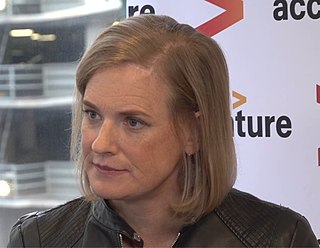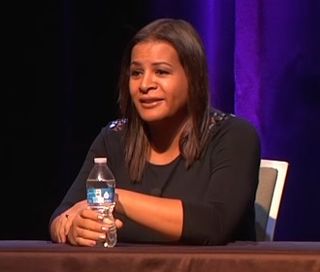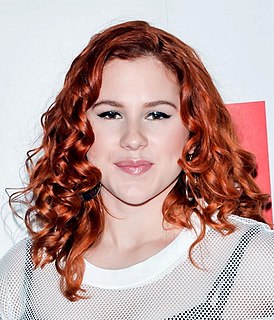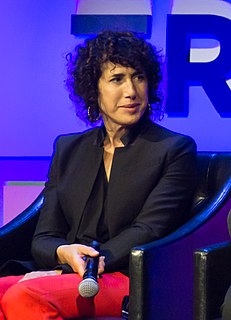A Quote by Vivienne Ming
Gender transition isn't about gender. It's about literally making yourself a better person because you know that's a better you.
Related Quotes
Men are enforced into a kind of silence about their gender; they're supposed to not think of it as a performance. That's the definition of manliness - that it's not a performance; it's being yourself, authentic. Whereas women have understood gender as performance. Men have not yet made that quantum leap, or rather they're making it in many ways, they're not thinking about it.
I've always thought about gender, as someone who has been categorically "gender nonconforming" for my entire life, I was forced to think about it, but obviously I became more conscious of it as a social issue as I've gotten older. And as I've met more folks who are genderqueer or trans, it's been really enlightening to hear their stories, and it got me thinking about my own gender history.
I think growing up, the assimilation of most cultural conventions typically encouraged by a heightened awareness of gender and sex encourages a sort of separation of the self. What's so special about 'Hanna' is that her upbringing has negated this indoctrination; she's almost absolved of the pressures of gender or gender itself.
I'd say my relation to being a woman is, I mean being a woman is whatever you want because the concept of gender is not really real, you know? And so for me it's about being comfortable in myself. It's about allowing myself to express who I am in any way that I want to, whether that be through my clothing, the way I present myself to the world, whether that be through like my gender identity and my pronouns. It's just really about allowing yourself to really be expressive and creative.
Gender is not something that one is, it is something one does, an act... a "doing" rather than a "being". There is no gender identity behind the expressions of gender; that identity is performatively constituted by the very "expressions" that are said to be its results. If the immutable character of sex is contested, perhaps this construct called 'sex' is as culturally constructed as gender; indeed, perhaps it was always already gender, with the consequence that the distinction between sex and gender turns out to be no distinction at all.






























